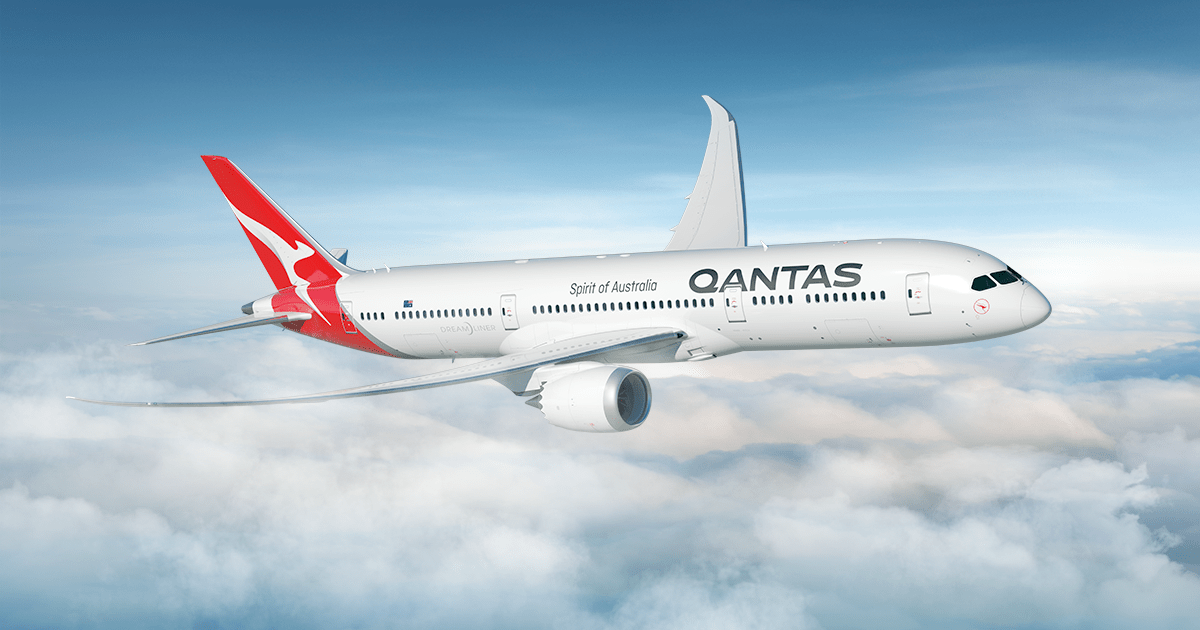Qantas Group is looking to cap its net emissions at 2020 levels; as well as committing to net zero emissions by 2050.
Qantas, Jetstar, QantasLink and Qantas Freight will offset all growth in emissions from domestic and international operations from 2020.
This includes offsetting all net emissions from Project Sunrise, the carrier’s plan to operate non-stop flights from the east coast of Australia to London and New York, should the project proceed.
This will also extend to domestic flying, meaning that growth on key routes like Melbourne-Sydney will be carbon neutral.
Qantas will work with industry, research institutions and governments to develop the long-term solutions to significantly reduce greenhouse gas emissions from the aviation industry over the next three decades.
Qantas will invest $50 million over the next ten years to help develop a sustainable aviation fuel industry.
Sustainable aviation fuel can reduce carbon emissions by 80% compared to traditional jet fuel, but are currently almost double the price.
Qantas will work with governments and private sector partners to support the development of sustainable aviation fuel in Australia and overseas to make it more viable and increase demand throughout the industry.
The national carrier will also continue to reduce its emissions through continued investment in more fuel efficient aircraft, more efficient operations such as single-engine taxiing, and smarter flight planning to reduce fuel burn.
Qantas is on track to replace its Boeing 747 fleet by the end of 2020 with the more fuel-efficient B787 Dreamliners, which burn 20% less fuel than aircraft of a similar size. Jetstar’s A321neo (LR) aircraft,
which begin arriving next year, use 15 per cent less fuel than the aircraft they are replacing.
Qantas Group CEO Alan Joyce said these commitments would make Qantas a leader in the aviation industry’s efforts to reduce carbon emissions.
“We recognise that airlines have a responsibility to cut emissions and combat climate change. We’ve already made some good progress, especially by investing in newer aircraft that have a much smaller carbon footprint.
“We want to do more, and faster. We’re effectively doubling our carbon offsetting program from today and we’re capping our net emissions across Qantas and Jetstar from 2020 so that all new flying will be carbon
neutral.
“Qantas offsets all of its own travel needs and so do many of our customers. By matching their efforts, we’re hoping it will encourage even more people to offset and the program will keep growing.
“These short-term actions will go towards a longer-term goal of being completely net carbon neutral by 2050. It’s ambitious, but achievable.
“Innovation is going to be key. We’re investing $50 million to hopefully kickstart a sustainable aviation fuel industry in Australia. We know from our own trials that the technology works but we need to get to a scale of production where it’s a practical substitute."

